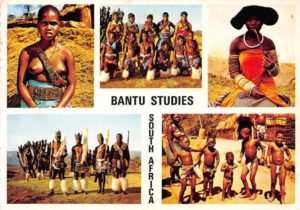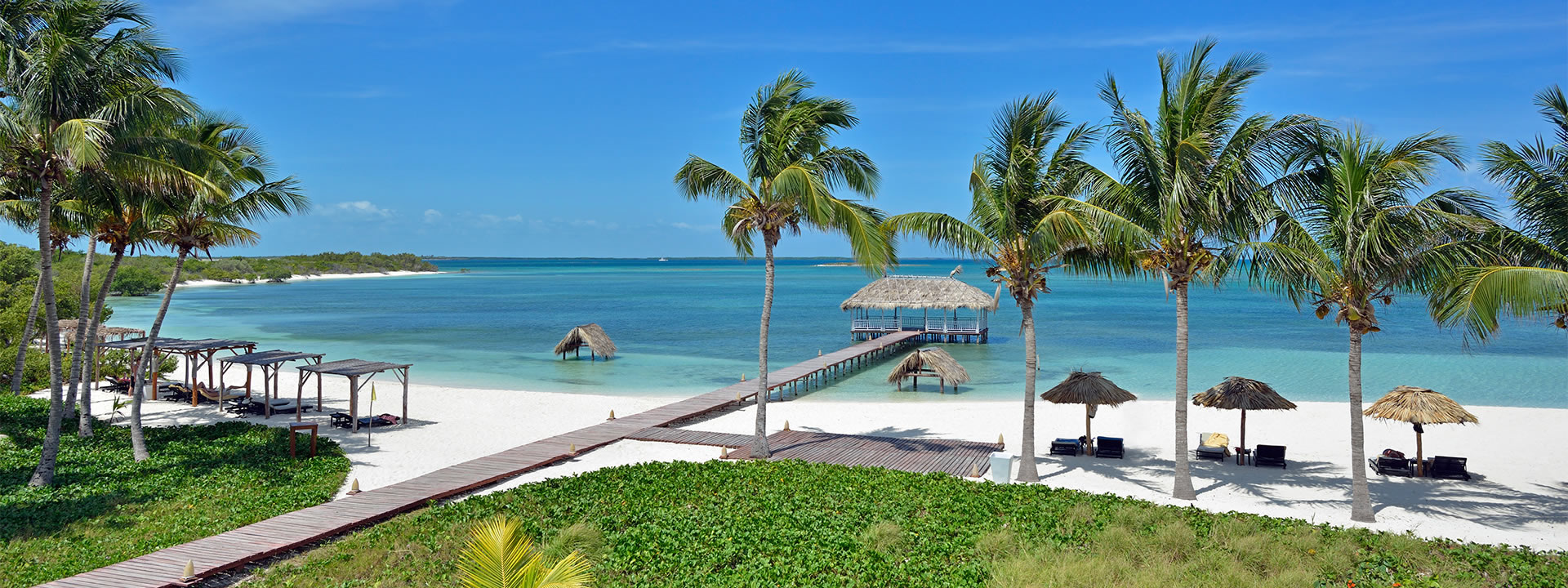 FRASES POPULARES CUBANAS: “Una Ñinga es un poquito, Una Tonga es mucho”.
FRASES POPULARES CUBANAS: “Una Ñinga es un poquito, Una Tonga es mucho”.
Lo más probable es que si a cualquier persona del mundo le pregunten qué es una “tonga” se quede literalmente en Babia o responda que es una islita en medio del Océano Pacífico. Sin embargo si se tratase de un cubano no dudaría en responder que una “tonga” es una gran cantidad, o un “montón, bulto, burujón puñao”.
Desde el comienzo de mis estudios primarios aprendí las unidades de medida más comunes y conocidas universalmente para medir: la estatura, el volumen, la distancia y el peso. Sin embargo cuando crecí me di cuenta que los cubanos tenemos nuestras propias medidas para referirnos a determinada cantidad.
Por ejemplo cuando alguien le preguntaba a mi abuela si necesitaba algo de azúcar ella respondía: “-una ñinga nada más”, de ahí aprendí que ñinga era poca cantidad. De igual forma me sucedió con la palabra tonga, la que usamos para referirnos a mucha cantidad: “-Tengo una tonga de ropa para lavar dice mi madre de vez en cuando”.
Pues sépase que estas palabras no salieron de la nada precisamente son un legado que nos dejó la cultura africana, específicamente la cultura Bantú cuya lengua matriz es el Kikóngo, esta precisamente no es la más conocida por los cubanos, quienes tenemos una especial tradición con el panteón Yoruba, sin embargo varios estudios han demostrado que la cultura Bantú, cuya religión es denominada genéricamente en Cuba como Regla de Palo Monte, ha hecho numerosos aportes a nuestro idioma.
En cuanto a las unidades de medidas que tenemos en la isla además de una ñinga o una tonga, existe otra que usamos muchoen el argot popular, sin embargo todavía no encontré en mi persistente búsqueda donde se originó, ¿alguna vez cuando le han brindado una tacita de café usted no ha respondido? “- si quiero, pero un tilín nada más”. Bueno pues la palabra “tilín” o “tilincito” significa para nosotros los cubanos un poquito nada más.
 CUBAN POPULAR PHRASES: “A Ñinga is a little, A Tonga is a lot.”
CUBAN POPULAR PHRASES: “A Ñinga is a little, A Tonga is a lot.”
Most likely, if anyone in the world is asked what a “tonga” is, they literally stay in Babia or answer that it is an island in the middle of the Pacific Ocean. However, if it were a Cuban, I would not hesitate to answer that a “tonga” is a great quantity, or a “bunch, bulge, burujón, fist”.
From the beginning of my primary studies, I learned the most common and universally known units of measurement for measuring: height, volume, distance, and weight. However, when I grew up I realized that we Cubans have our own measures to refer to a certain amount.
For example, when someone asked my grandmother if she needed any sugar, she would answer: “-a ñinga nothing more”, hence I learned that ñinga was a small amount. In the same way, it happened to me with the word tonga, the one we use to refer to a lot: “-I have a tonga of clothes to wash, my mother says from time to time.”
Well, know that these words did not come out of anywhere precisely they are a legacy that left us the African culture, specifically the Bantu culture whose mother tongue is the Kikóngo, this is precisely not the best known by the Cubans, who have a special tradition with the Yoruba pantheon, however, several studies have shown that the Bantu culture, whose religion is generically referred to in Cuba as Palo Monte’s Rule, has made numerous contributions to our language.
As for the units of measures that we have on the island in addition to una Ñinga or a tonga, there is another one that we use a lot in popular slang, however I still did not find in my persistent search where it originated, have you ever been given a cup of coffee you have not responded? “- If I want to, but a little nothing else.” Well, the word “tilín” or “tilincito” means for us Cubans a little bit more.
Agencies/ HablandoCubano/ Celia Arévalo/ TodoCuba/ Internet Photos/ Arnoldo Varona/ www.TheCubanHistory.com
THE CUBAN HISTORY, HOLLYWOOD.



 < CUBAN POPULAR PHRASES: "A Ñinga is a little, A Tonga is a lot."
< CUBAN POPULAR PHRASES: "A Ñinga is a little, A Tonga is a lot."



